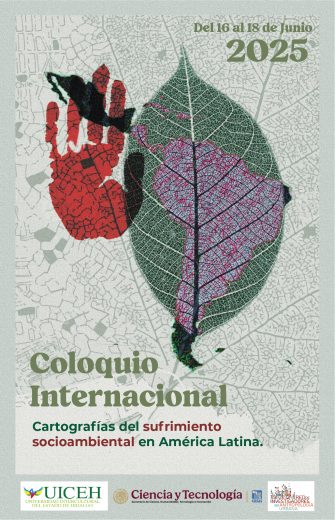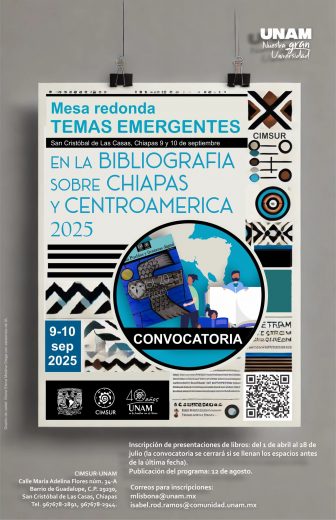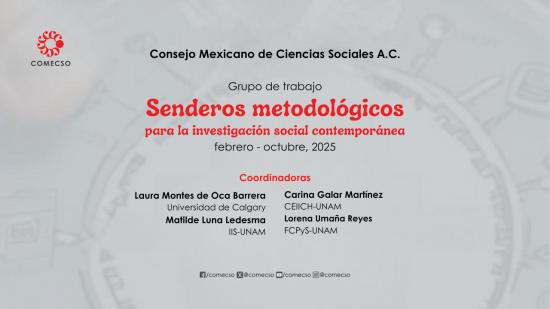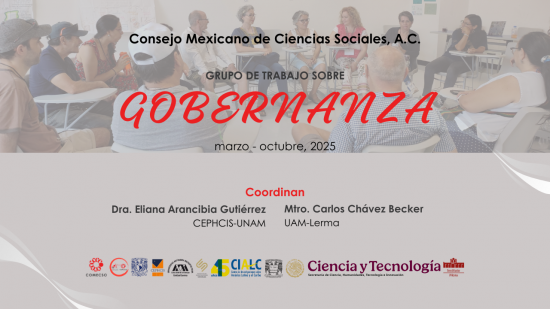Abstract Submission Deadline 31 March 2023
Manuscript Submission Deadline 31 July 2023
Guidelines>>
Since the beginning of the COVID-19 crisis in March 2020, one of the issues that have attracted significant attention within the academic community is individual compliance with containment measures. Indeed, the highly contagious nature of the virus and states’ inaptitude to enforce lockdowns for long periods, rendered citizens’ voluntary adherence to preventive policies crucial for slowing down the spread of the pandemic and reducing casualties. Then again, while the study of compliance with COVID-19 mitigation measures has seen a tremendous increase the last years, less is known about the factors, manifestations and effects of noncompliance. In fact, within the relevant literature, noncompliance with COVID-19 measures is often treated as merely the opposite of compliance, while noncompliers are regularly marginalised as a homogenous mass recognised interchangeably as sceptics, deniers or dissidents.
This Research Topic aims to fill this research lacuna by identifying the basic characteristics and the diverse forms that noncompliance with COVID-19 containment measures has taken, through the collection of a number of theoretical or empirical submissions on the factors, manifestations and effects of noncompliance through the use of quantitative, qualitative or mixed-methods designs. We would welcome contributions from representative and non-representative samples that come from either the general population or particular social groups. Furthermore, we would favour the inclusion of under-represented samples in the submitted manuscripts or the studies performed in countries, where social sciences are not well-represented.
Possible contributions cover issues that include (but are not limited to):
- What are the main characteristics of noncompliance with COVID-19 containment measures?
- What are the different types of noncompliers? How similar or different are they?
- What are the political, social and/or psychological differences between sceptics, deniers or dissidents?
- What are the political, social, psychological, cultural and/or structural factors that facilitate noncompliance with COVID-19 mitigation measures?
- How are different kind of factors (e.g., political and psychological) interact to bring about noncompliance?
- Does political ideology play a role in noncompliant behaviour?
- What are the different forms that noncompliance takes?
- What are the attitudes/behaviours that characterise anti-restriction individuals?
- What is the sociopolitical and psychological profile of anti-COVID-19 protesters?
- To what extent exposure to misinformation, fake news and conspiracy theories is linked with noncompliance?
Through these questions, we aim to understand the mechanisms that have facilitated noncompliance with COVID-19 containment measures. In doing this, this research proposal aspires to uncover the stimuli for political participation, from the purely normative and institutional forms to the most extreme forms of engagement in anti-restriction political actions. Therefore, we suggest that a comprehensive and thorough overview of theoretical and empirical findings and results of current ongoing research on noncompliance can shed light on the diverse manifestations of anti-restriction political participation.
This Research Topic welcomes the submission of research papers that describe original work that has not been submitted or is currently under review, has not been previously published nor accepted for publication in any other journal. We look forward to manuscripts that synthesize or creatively use different theories and methods to understand the factors, manifestations and effects of noncompliance with COVID-19 measures. We are also open to single case studies, comparisons of different countries, or theme-specific analyses. Empirical papers should clearly describe the research questions, hypotheses and their theoretical background. They should also describe the context, samples and study design (e.g., sample size, ages, demographic characteristics etc.). Finally, a clear description of measures should also be provided, accompanied by appropriate analyses. We strongly encourage authors to adhere to open science practices.














